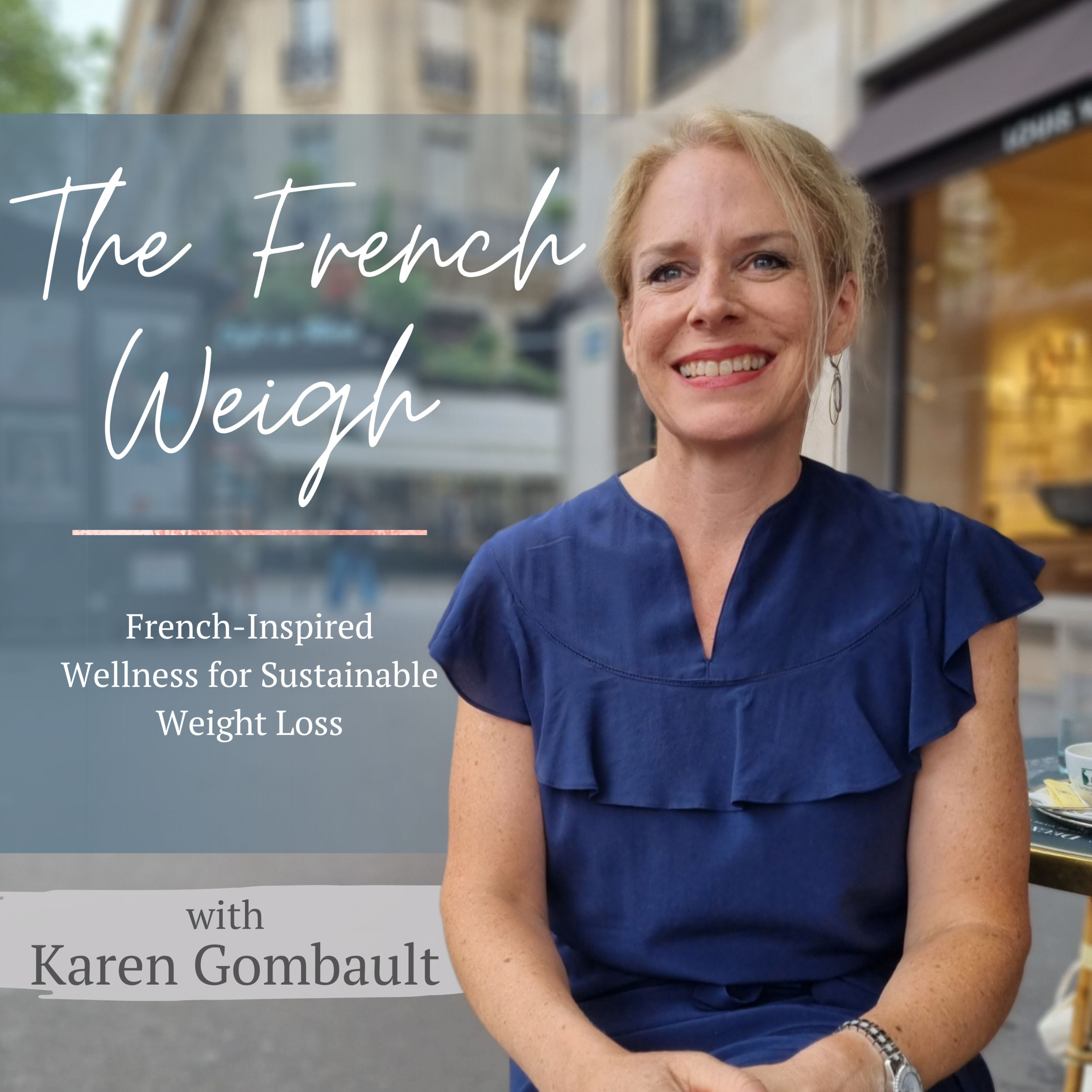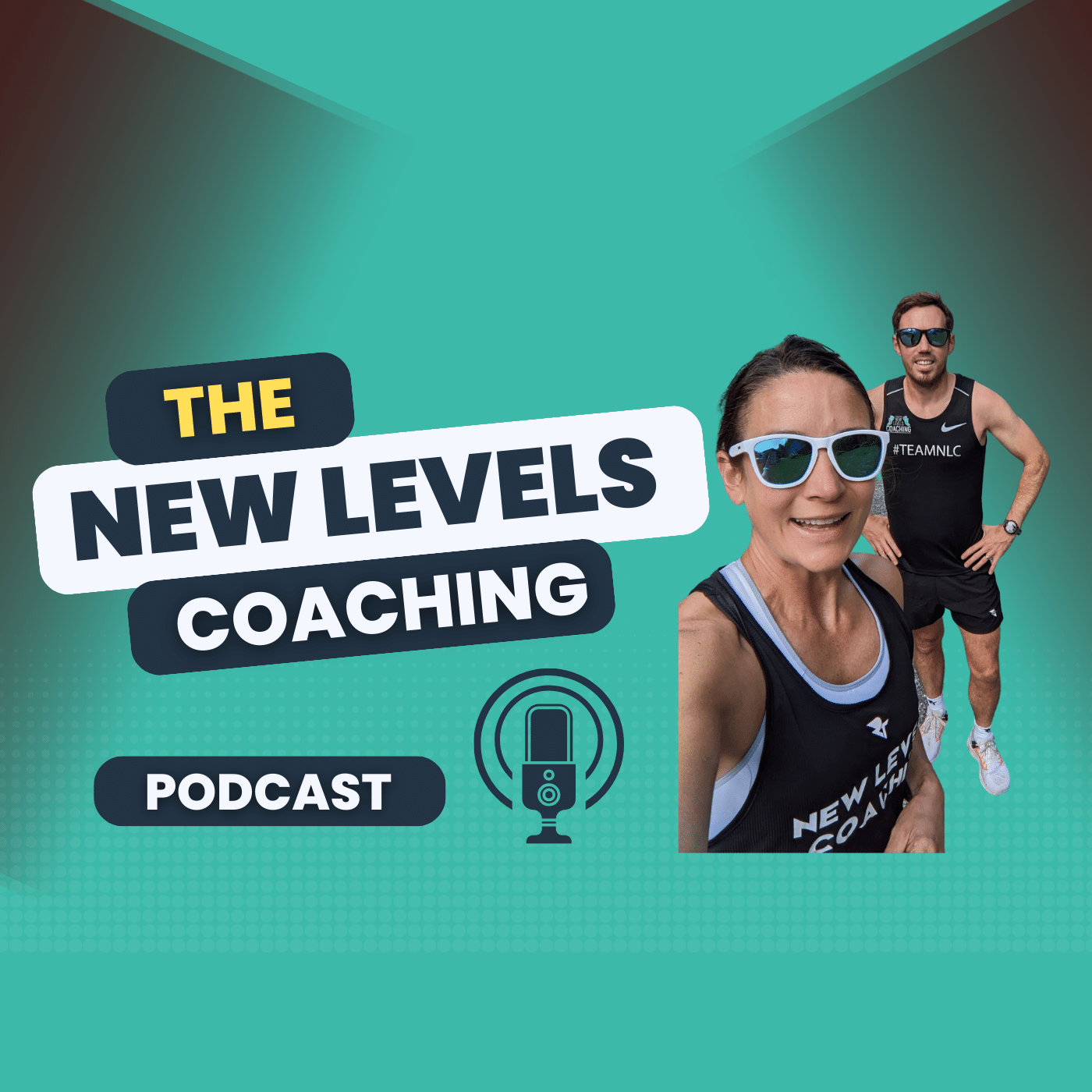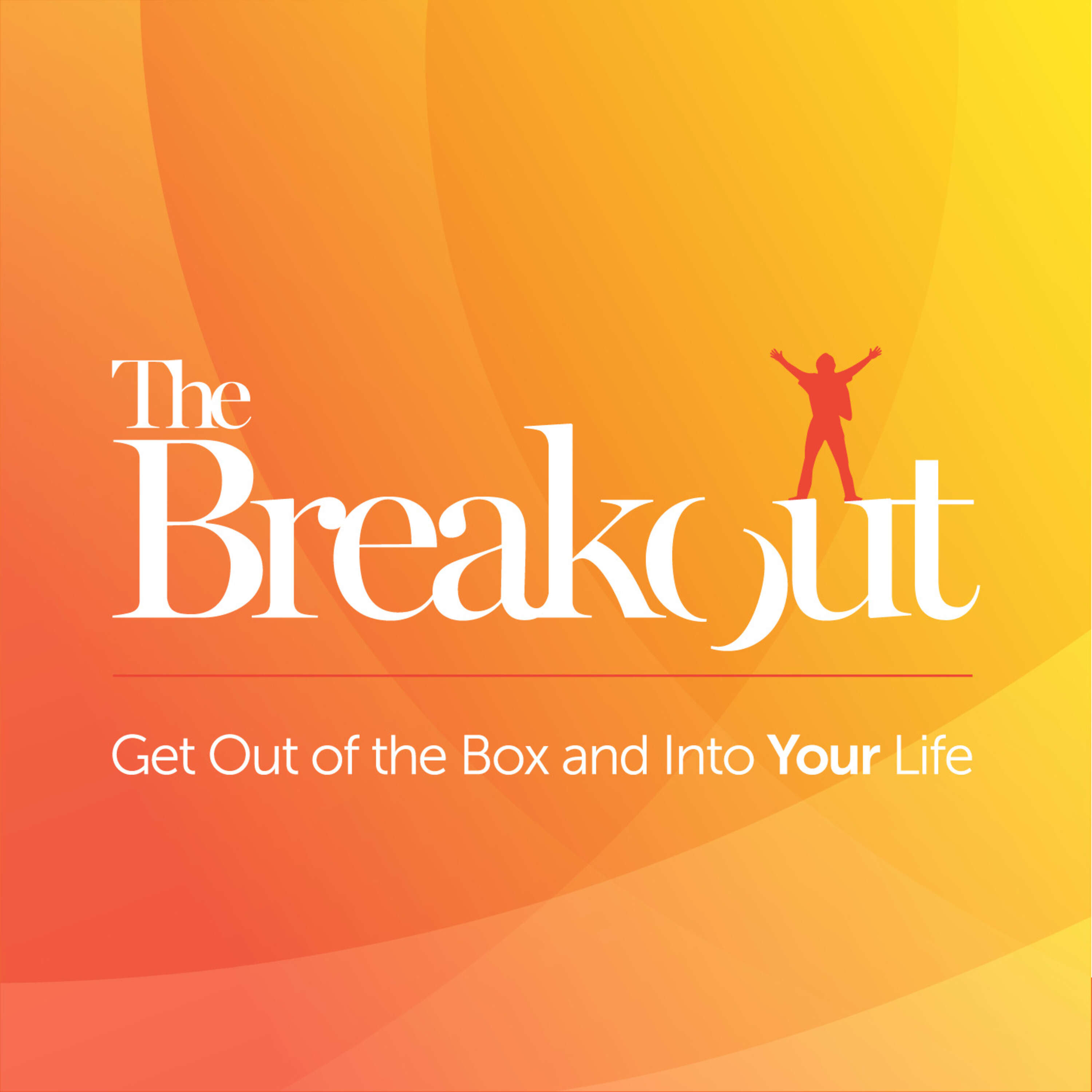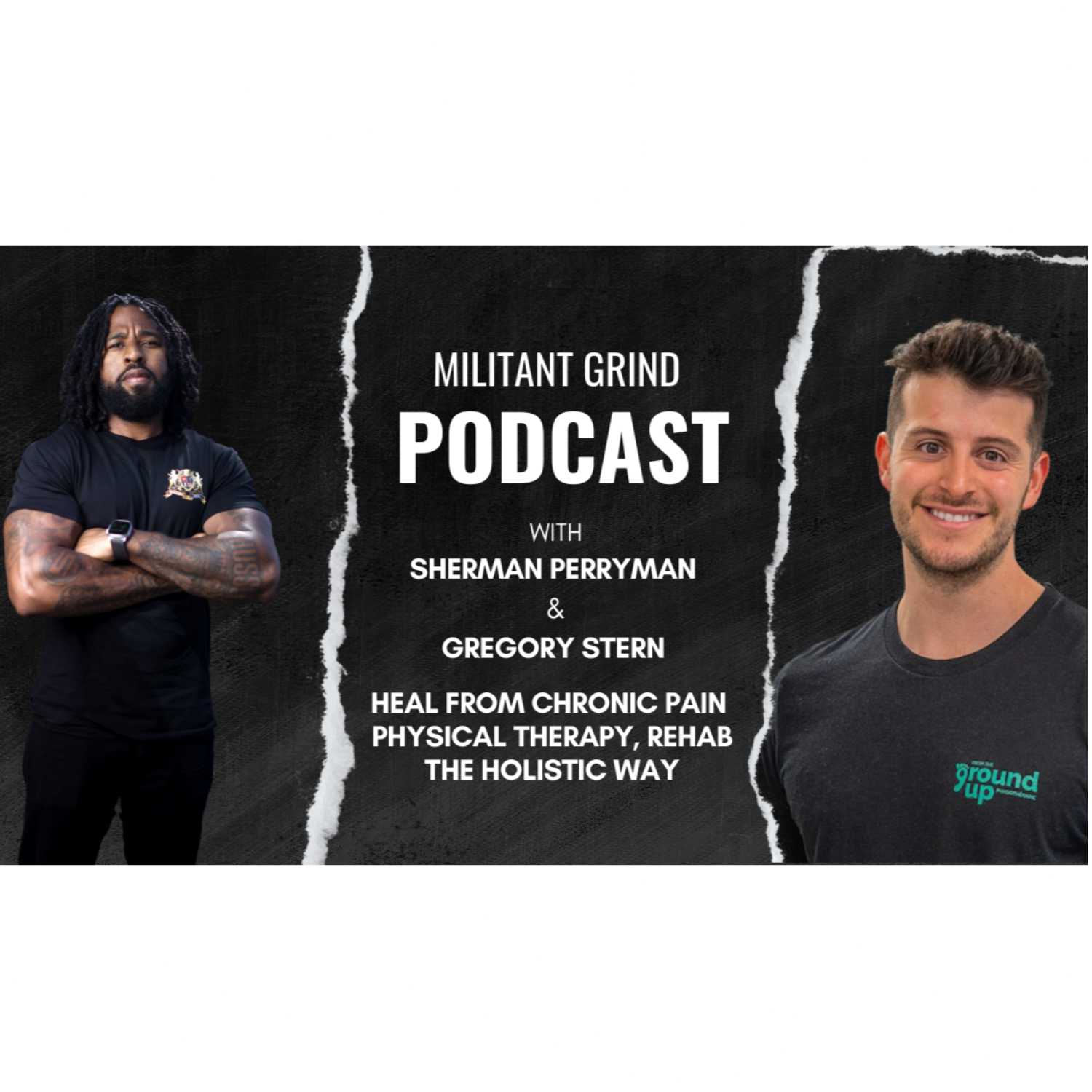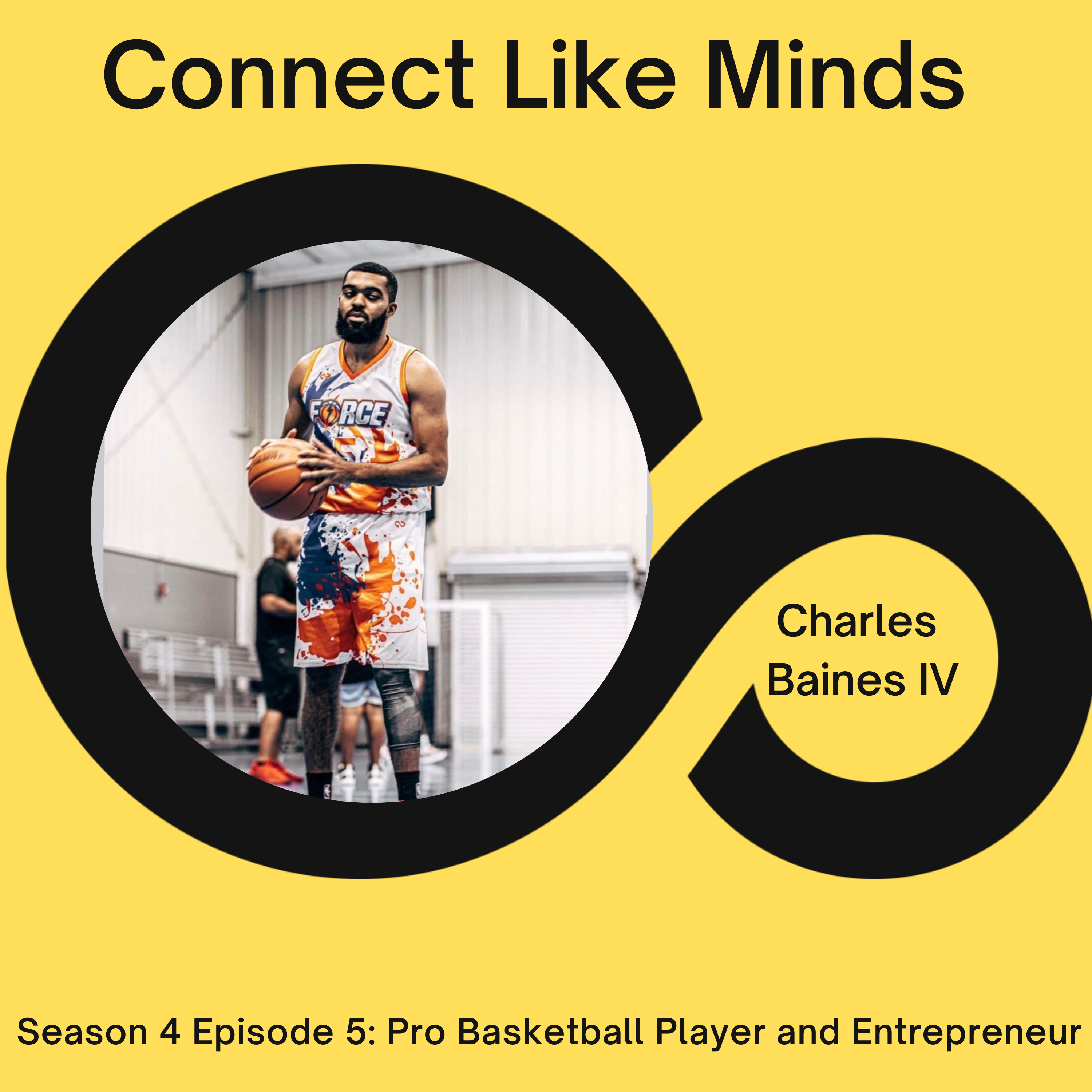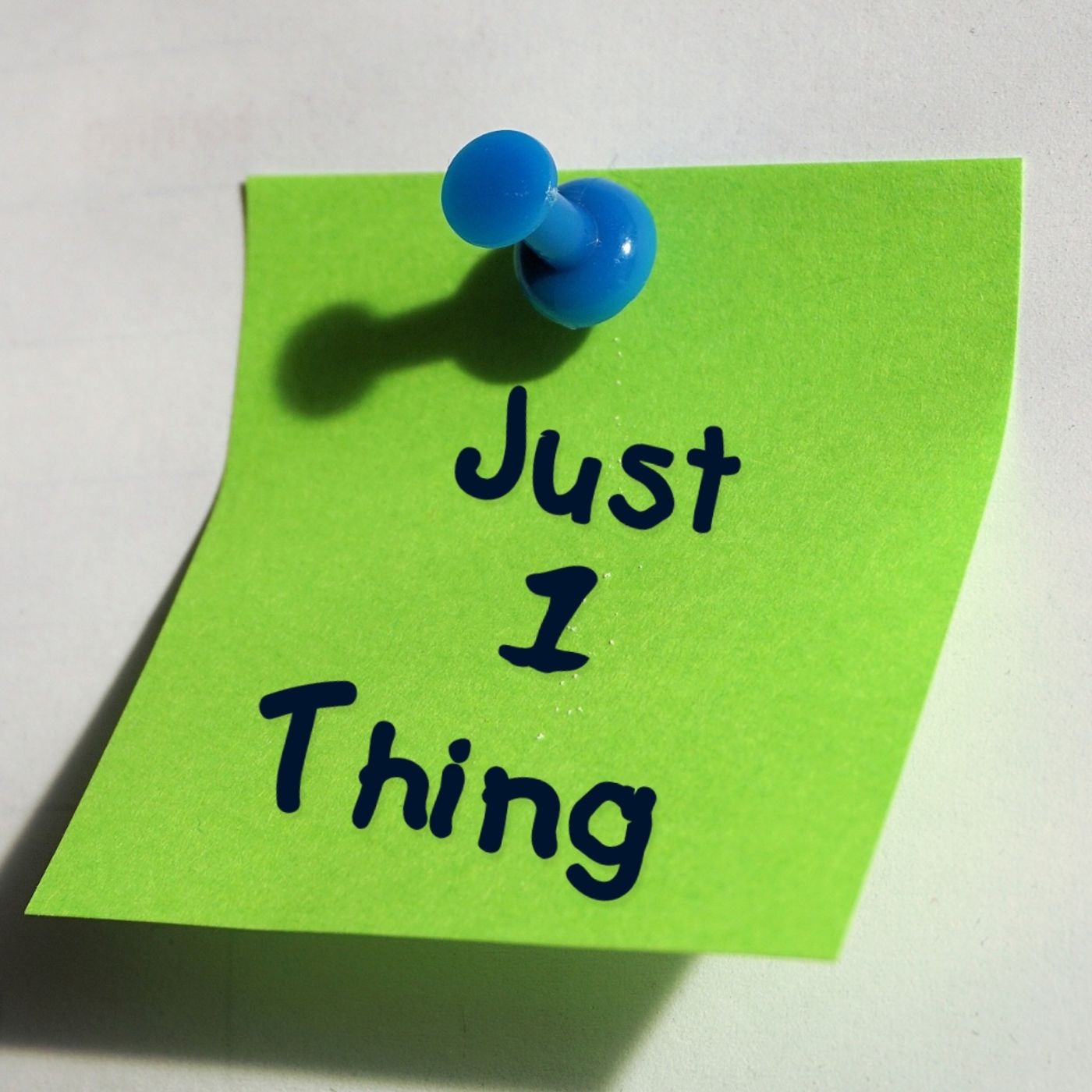- After-Shows
- Alternative
- Animals
- Animation
- Arts
- Astronomy
- Automotive
- Aviation
- Baseball
- Basketball
- Beauty
- Books
- Buddhism
- Business
- Careers
- Chemistry
- Christianity
- Climate
- Comedy
- Commentary
- Courses
- Crafts
- Cricket
- Cryptocurrency
- Culture
- Daily
- Design
- Documentary
- Drama
- Earth
- Education
- Entertainment
- Entrepreneurship
- Family
- Fantasy
- Fashion
- Fiction
- Film
- Fitness
- Food
- Football
- Games
- Garden
- Golf
- Government
- Health
- Hinduism
- History
- Hobbies
- Hockey
- Home
- How-To
- Improv
- Interviews
- Investing
- Islam
- Journals
- Judaism
- Kids
- Language
- Learning
- Leisure
- Life
- Management
- Manga
- Marketing
- Mathematics
- Medicine
- Mental
- Music
- Natural
- Nature
- News
- Non-Profit
- Nutrition
- Parenting
- Performing
- Personal
- Pets
- Philosophy
- Physics
- Places
- Politics
- Relationships
- Religion
- Reviews
- Role-Playing
- Rugby
- Running
- Science
- Self-Improvement
- Sexuality
- Soccer
- Social
- Society
- Spirituality
- Sports
- Stand-Up
- Stories
- Swimming
- TV
- Tabletop
- Technology
- Tennis
- Travel
- True Crime
- Episode-Games
- Visual
- Volleyball
- Weather
- Wilderness
- Wrestling
- Other
Dealing With The Vegetables
You're listening to The Uppercase Life where we make hard things look easy. And I'm your host, Joseph Brewster. Every child is told to eat their vegetables before their dessert. At least I was growing up. And we're not always told why at first. But as you get older, we're told something like, Well, it's healthy. And partly it's because if you eat your dessert before your vegetables, you're likely not going to be hungry for your vegetables.<br>So we consider eating our vegetables as a discipline and eating our dessert as a pleasure. And that tiny lesson in life, I think, is really valuable. And I think cultivating a habit of disciplining ourself so that we can also enjoy some really pleasurable things later should spill over into other areas of our life. But adults are really just grown up kids, and even though we're older now and we should know better, sometimes we're not as disciplined as we ought to be.<br>And when our brains are contemplating what we want to do throughout the day, some things feel more like vegetables, and some things feel more like dessert. Oftentimes, we have real difficulty resisting that dessert and eating the vegetables and what that looks like is us constantly giving in to distractions or moving away from work that feels strenuous or overly taxing to our brains or even to our bodies.<br>And this is often where we experience what we would call procrastination, distraction or other sorts of things that basically just result in delays or us not doing the work at all because it's hard. But there's some really compelling reasons why we should be doing some of the harder things in our day. And first of all, a lot of the harder things have a higher return on investment than the easy things do.<br>Also, those things tend to enhance your relaxation later because rest and chill time is more enjoyable when you've had strain and stress. But one of the most compelling reasons to me is that most people don't. Most people don't discipline themselves and do the hard things. So if you can be in that tiny percentage of people who are good at doing that, then you're going to be ahead of the crowd.<br>In many regards. So what are some ways that we can do the hard thing first and make it easier? Yeah, I know it sounds hypocritical to say we want to do the hard thing, but we want to make it easier. However, I do want to push back against this notion that a hard thing will just always be hard, and there's nothing you can do about that.<br>Well, it's true that the thing that you're trying to do might be difficult, challenging, boring, maybe. Or maybe really stressful. But there are ways of making it easier and getting it done. So I want to give you three quick tips for getting the hard thing done first and maybe making it slightly less hard. There's a book by Greg McEwan called Effortless.<br>And in this book, he talks about combine things that you don't want to do with, things that you actually enjoy. And I love this concept. So, for example, if you're going to work on a difficult task and it's something you don't have to do often, but when you do, it's really stressful. Combine it with something you find pleasurable.<br>For example, when I'm looking over the financials from my business, which is something that I need to do on a periodic basis as someone who owns a company, but it's not something I'm particularly good at or enjoy when I do this, I tend to go out to a restaurant where I can sit and get some type of a treat that I wouldn't normally get.<br>So I might go and get a milkshake and sit and drink a milkshake while I look at the financials. And you might think a milkshake doesn't help you make better decisions about your finances, but actually it kind of makes me feel good and it puts me in a better mood. And so overall, that does improve my ability to process information and make decisions about my finances.<br>But you can't have a milkshake with everything you do, or that will have some negative impact on your
